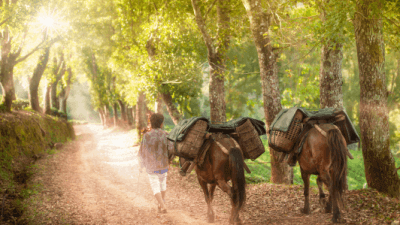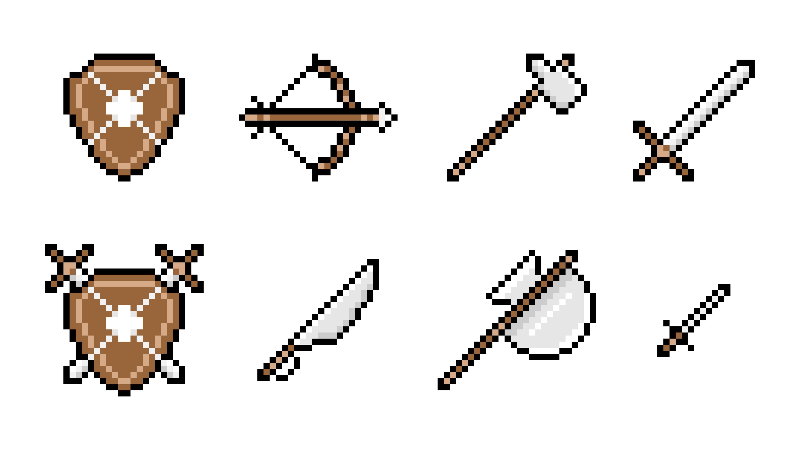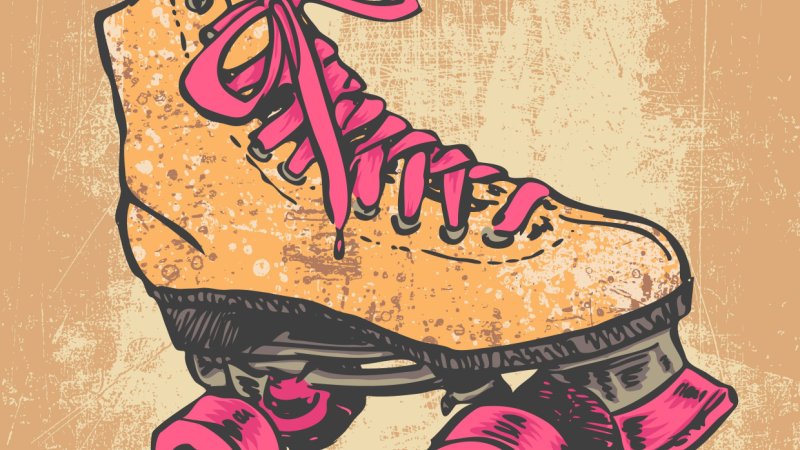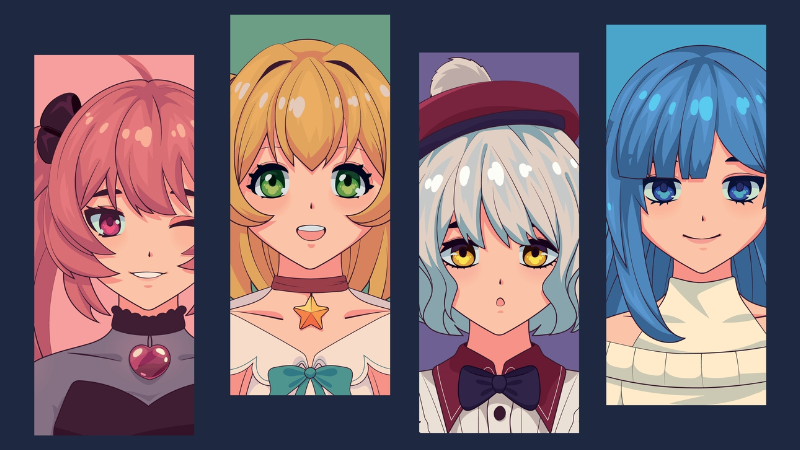Manor Lords Ox vs Horse: Which One to Use

Manor Lords can be confusing, especially when tooltips need to explain what specific aspects do in the game. Oxen and horses exist in the game, but many players need clarification about how each differs. Manor Lords needs to explain this clearly, and the two livestock overlap in function. Fortunately, we have determined what these two animals do and how they will affect production in your state.
Table of Contents
Manor Lords Oxen, Horses, and Pack Mules
Manor Lords features three types of transport animals: Oxen, Horses, and Pack Mules. Each of them has varying functions, and they do not overlap in what they do. Knowing what they transport will help players learn when and how much resources to invest in them.
Oxen is mainly used for hard labor and transporting goods within your town. They are good at moving timber and plowing fields, which are construction and farming elements. They can also transport goods within your territory when you get the corresponding upgrade. All in all, an ox speeds up resource production and transportation.
Horses are primarily used for trading. They have no other purpose. They significantly boost your trading speed by allowing traders to ride them as they travel back and forth between zones. If you plan to trade, you need a Horse to expedite the process.
The third transport livestock are the Pack Mules. They are generally used for moving goods from one region to another. While they lack the speed horses have, they make up for the number of resources they can carry. However, you can only use Pack Mules for regions you control, such as carrying ale or meat from one settlement to another. The main difference between Mules and Horses is that the former uses a barter system while the latter deals in wealth.
When Should You Use Oxen, Horses, or Pack Mules
These animals do not overlap in function, so you will need at least one of each as you build your cities and expand your territory. While your citizens will function and do their tasks without them, these animals will significantly speed up their work efficiency. However, it would help if you remember to assign these animals to the appropriate stations to make efficient use of them or, without this, risk the chance of them running away.
Note: Oxen and Horses should be prioritized over Pack Mules. Oxen boosts productivity, while horses speed up trading; both are essential for building your territories. Pack Mules will only be helpful once you have multiple regions under your control.
How Do You Get Ox, Horse, and Pack Mules in Manor Lords?
You can get these animals via the Trading Post or the Hitching Post. Each will cost a certain amount of Regional Wealth (30 for Horses and 20 for Oxen). You can buy many animals for your territories, but you must ensure you have enough slots in your Stable. Homeless Horses, Oxen, and Pack Mules will wander off and escape if no storage areas are available. You can increase your livestock capacity by improving your existing Hitching Posts or building new ones.
When Should You Get an Ox or A Horse
It would help if you focused on obtaining Oxen in the game’s early stages since they significantly boost your productivity. They can also increase the speed of your construction, which would immensely help establish your foothold in surrounding areas. You want to focus on filling up your Stables with Ox cattle in the beginning. You want around two from the start; then, you want to expand and have up to at least eight.
As your territories develop, you will want to expand your market and establish trade routes with other areas. While you can start trading with other trade posts with only your villagers, having a Horse will make transactions easier. Once you start focusing on trading, you should free up some stable slots to add more horses. The number of Horses assigned to the Trading Post should equal the number of families working on it.
For Pack Mules, you only need to establish one Packing Station in one region. You don’t need to build new ones in other settlements as this will be your central exchange hub between areas. Once you have already established one, you can freely barter between regions.














